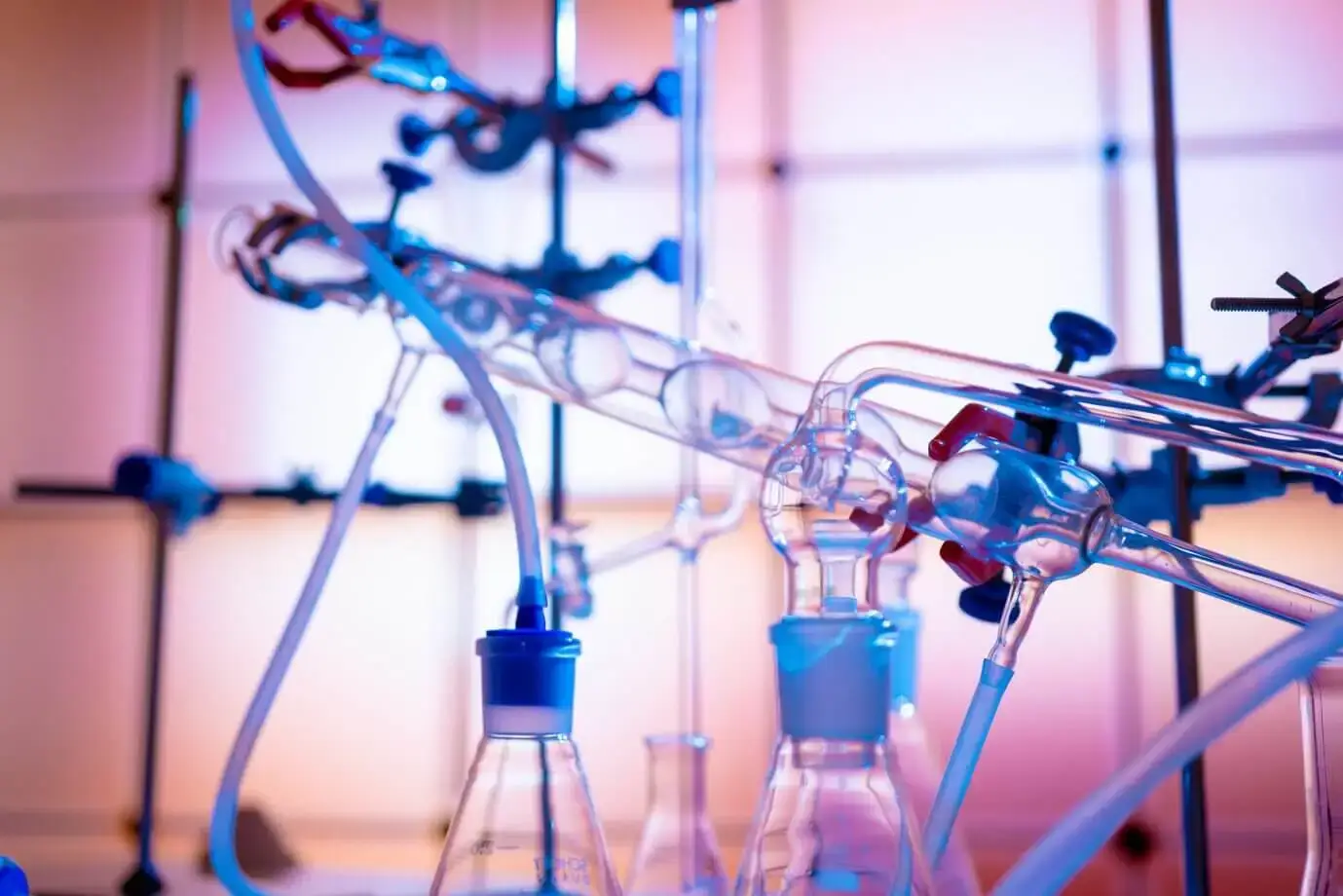Wanna know what are top 10 examples and applications of distillation in everyday life? If yes, then you are at the right place at the very right time. distillation separates components based on their boiling points. Not to mention, this thermodynamic process also involves the conversion of a liquid into vapor and subsequent condensation.
Distillation is a versatile and indispensable process that has left an indelible mark on our everyday lives. From the production of our favorite beverages to the purification of essential resources like water, distillation plays a pivotal role in ensuring the quality, safety, and efficiency of countless products and processes. Let’s dive right in…!!!
Editor’s Choice:
10 Examples & Applications of Distillation in Everyday Life
- The Distillation of Water
- The Production of Alcoholic Beverages
- Essential Oil Extraction
- Petroleum Refining
- Production of Pharmaceuticals
- Food and Beverage Industry
- Coffee Production
- Purification of Chemical Solvents
- Desalination of Seawater
- Perfume Industry
The Distillation of Water
One of the most crucial applications of distillation in everyday life is the purification of water. Distillation is employed to remove impurities, minerals, and contaminants from water, making it safe for consumption. Distilled water is often used in laboratories, medical settings, and in household appliances like steam irons and humidifiers, where mineral deposits can cause damage.
The Production of Alcoholic Beverages
The distillation process plays a central role in the production of alcoholic beverages like whiskey, vodka, and rum. This process separates alcohol from the fermented liquid, increasing the alcohol content and refining the flavor. The specific conditions of distillation influence the characteristics of the final product, and this art has been perfected over centuries by distillers around the world.
Essential Oil Extraction
The perfume and aromatherapy industries rely heavily on distillation for extracting essential oils from plants. Steam distillation, in particular, is a popular method for isolating aromatic compounds from herbs, flowers, and other botanical materials. Essential oils are then used in perfumes, cosmetics, and as therapeutic agents.
Petroleum Refining
In the realm of energy and transportation, distillation is a cornerstone of petroleum refining. Crude oil, as it comes out of the ground, is a complex mixture of hydrocarbons with varying properties. Distillation towers separate crude oil into fractions like gasoline, diesel, and kerosene, which are further processed to meet various fuel and industrial needs.
Production of Pharmaceuticals
Pharmaceutical companies utilize distillation for the purification of drugs and chemicals. It allows for the separation of different compounds based on their boiling points, ensuring that the final product is free of impurities and meets stringent quality standards. Distillation is an essential step in producing drugs that are safe and effective for human use.
Food and Beverage Industry
The food and beverage industry relies on distillation for various applications, such as producing high-proof alcohol for flavor extracts, decaffeinating coffee and tea, and creating concentrated flavors and food additives. It is also used in the production of vanilla extract, a common ingredient in baking.
Coffee Production
Coffee lovers owe a part of their daily ritual to distillation. The caffeine in coffee is extracted using a process called solvent-based distillation, which allows for the separation of caffeine from coffee beans. Decaffeinated coffee is a popular choice for those who want to enjoy the flavor of coffee without the stimulating effects of caffeine.
Purification of Chemical Solvents
In laboratories and industrial settings, distillation is used to purify and recycle chemical solvents. Solvents are often contaminated with impurities after chemical reactions, and distillation is a cost-effective method to recover and reuse these valuable chemicals.
Desalination of Seawater
In regions with limited freshwater resources, distillation is a key technology for desalination. It involves heating seawater to create vapor, which is then condensed back into liquid form, leaving behind salt and impurities. Distillation-based desalination provides a source of fresh water in arid and coastal areas.
Perfume Industry
The perfume industry relies on distillation techniques to extract and refine aromatic compounds from natural sources like flowers and plants. These compounds form the base for creating a wide range of scents that are used in perfumes, colognes, and various fragrances.
That’s it for this post. If you like this article, share it if you like, like it if you share it. You can also find us on Mix, Twitter, Pinterest, and Facebook. Hey man, If you have come this far, do give us feedback in the comment section. It would make my day. You can also make a donation. Your donations will help us to run our website and serve you BETTER. Cheers!!!
You might also like:
- From Minerals to Metallurgy: Applications of Leaching in Resource Extraction
- A Deep Dive into Examples of Incineration: Mastering Waste Management
- 10 Exclusive Examples and Applications of Gasification in Daily Life
- 10 Exceptional Examples of Pyrolysis in Action that are Beyond the Basics
- 10 Examples & Applications of Extraction in Real Life
- 10 Examples & Uses of Destructive Distillation in Everyday Life
- 10 Examples & Applications of Fractional Distillation in Everyday Life
- 10 Examples & Applications of Filtration in Separating Mixtures

